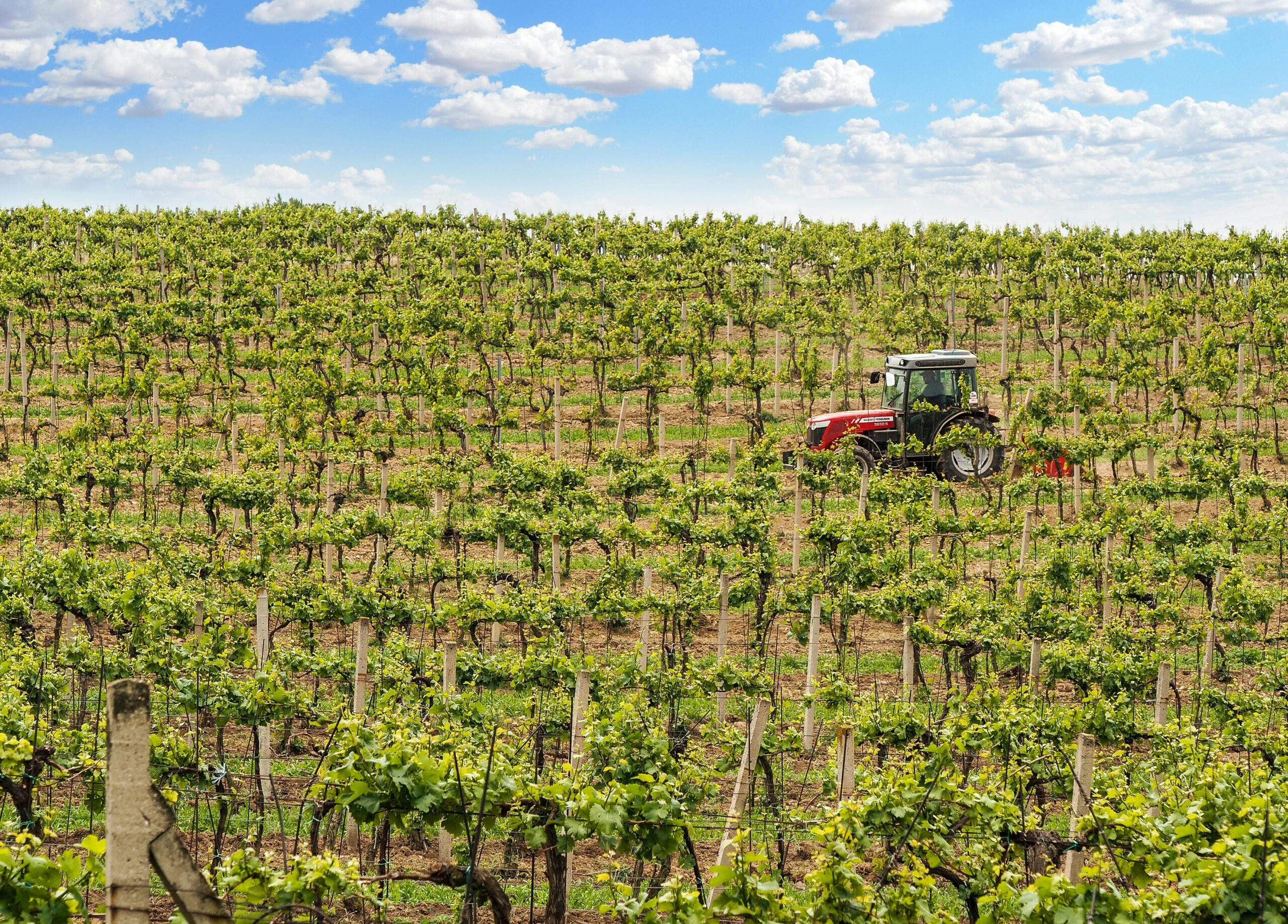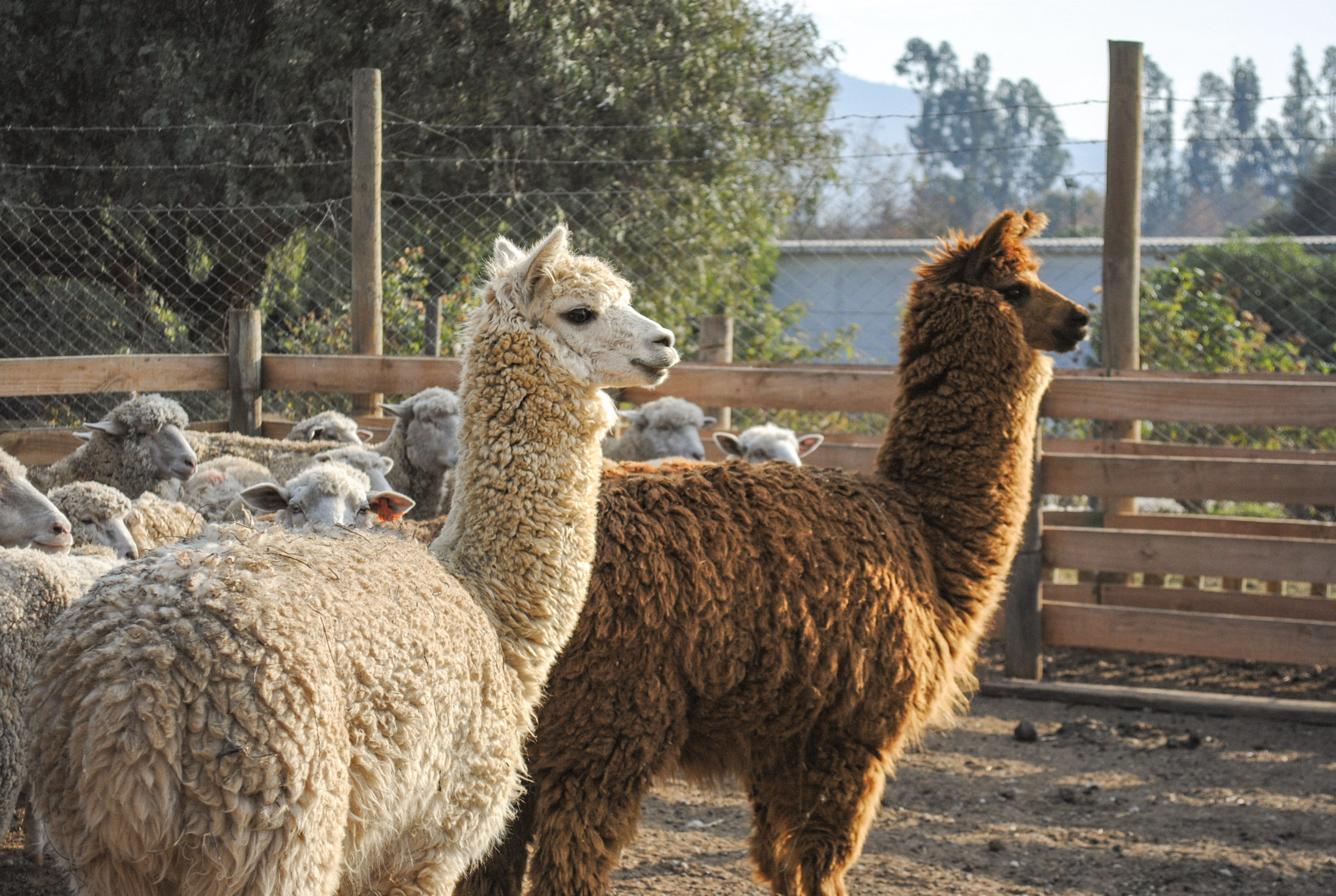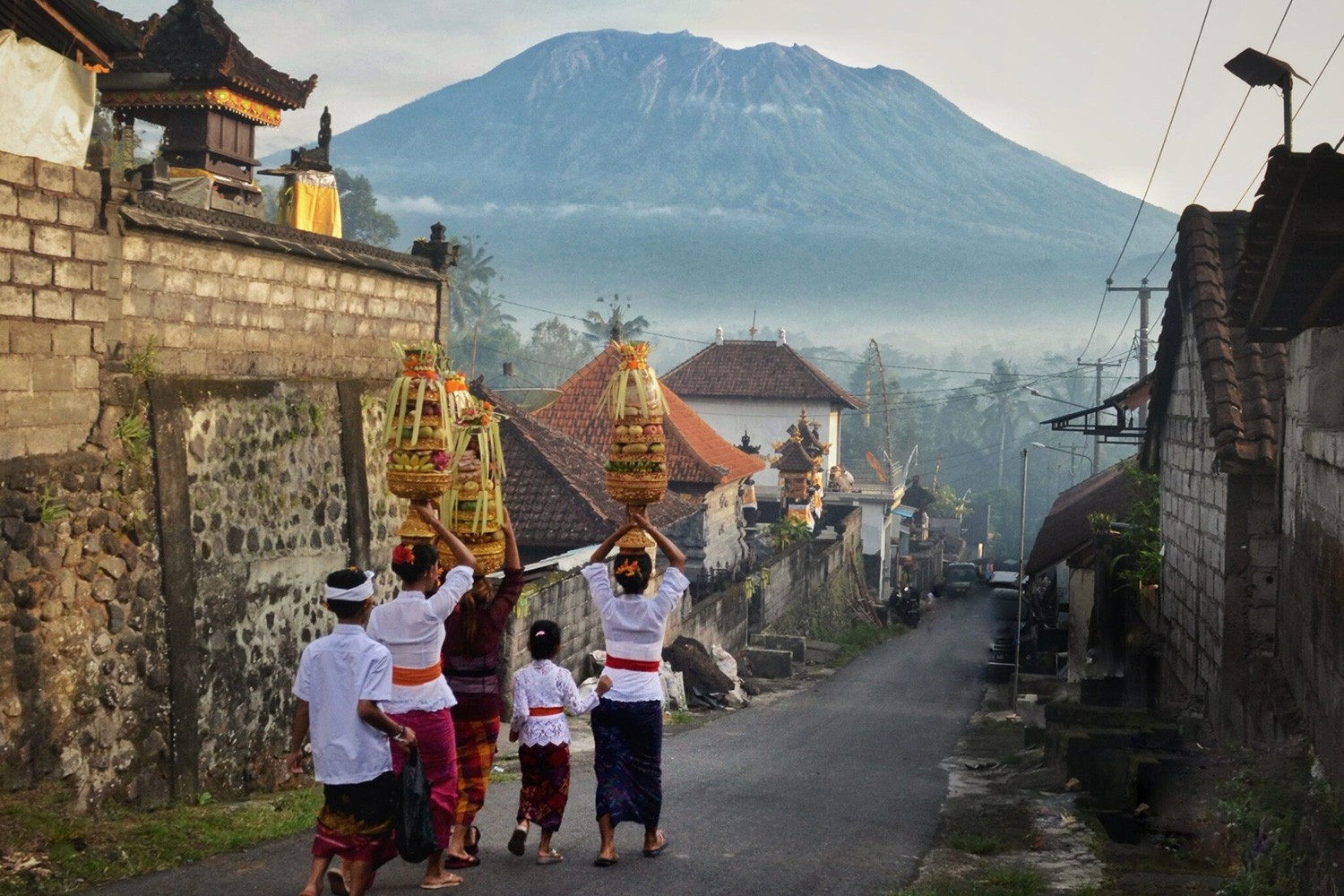“It’s helpful to have familiarity with certifications backed by reputable organizations with clearly defined and verifiable standards. This ensures your purchase supports genuinely sustainable practices rather than superficial marketing tactics.“
In recent years, the wine industry has witnessed a significant shift towards sustainability, reflecting a growing awareness of environmental concerns among producers and consumers alike. As a result, various certifications have emerged, aiming to recognize and promote sustainable practices within the wine production process. These certifications are not just labels but powerful tools that inspire and motivate wineries to uphold higher standards of environmental stewardship.
Certifications can be overwhelming to the consumer, however, especially given the proliferation of circles and symbols on websites that seemingly indicate something useful while oftentimes ringing hollow. These certifications often involve minimal requirements or self-assessment without third-party verification, leading to accusations of “greenwashing.” Greenwashing refers to the practice of making misleading claims about the environmental benefits of a product or practice to appear more sustainable than it actually is. Consequently, it’s helpful for consumers to have familiarity with the ones backed by reputable organizations with clearly defined and verifiable standards.This discernment helps ensure that your purchase supports genuinely sustainable practices rather than superficial marketing tactics.
Let’s suss out the main ones.

Tractor in the vineyard | Image courtesy of Pexels
Organic Certifications
USDA Organic (United States) indicates that a wine is made from organically grown grapes without synthetic fertilizers, pesticides, or genetically modified organisms (GMOs).
This certification prohibits the use of added sulfites (though naturally occurring sulfites are allowed in small amounts), though many in the wine world are divided on the purpose of focusing on sulfites as a particular threat to the health of drinkers and the environment.
EU Organic (European Union) is similar to USDA Organic by certifying that a wine is made from organically grown grapes without synthetic chemicals. The EU allows a limited amount of added sulfites to the amount of 100 parts per million (PPM) for dry reds and 150 PPM for dry whites. The EU takes a more realistic approach to sulfites than the U.S. which limits the ability of American winemakers (and overseas winemakers) to certify their wines as organic for the U.S. market.
Demeter is the primary certification for biodynamic wines, indicating the use of biodynamic farming practices that go beyond organic standards, including holistic and regenerative agriculture principles.

Llamas in the vineyard | Image courtesy of Veramonte
Sustainable Certifications
B Corp certification is a beacon for businesses committed to balancing profit with purpose. Awarded by B Lab, a nonprofit organization, B Corp certification evaluates a company’s social and environmental performance across various metrics, including governance, workers, community, and environment. Achieving B Corp certification for wineries demonstrates a holistic commitment to sustainability, encompassing energy efficiency, water conservation, biodiversity preservation, and fair labor practices.
Another notable certification is SIP (Sustainability in Practice), which focuses on vineyard practices prioritizing environmental stewardship, social equity, and economic viability. SIP-certified vineyards adhere to strict water conservation, soil health, pest management, and habitat preservation standards. By encouraging responsible farming techniques, SIP certification ensures that wines bearing its seal reflect a commitment to sustainable agriculture from vine to bottle.
LIVE (Low Input Viticulture and Enology) certification provides yet another avenue for wineries to demonstrate their dedication to sustainability. Developed in the Pacific Northwest, LIVE certification emphasizes practices that minimize inputs such as water, pesticides, and energy while maximizing ecosystem health. LIVE-certified vineyards prioritize soil conservation, biodiversity enhancement, and energy efficiency, embodying a holistic approach to sustainable viticulture.
The California Certified Sustainable Winegrowing (CCSW) program represents a region-specific initiative aimed at promoting sustainability within one of the world’s largest wine-producing regions. Administered by the California Sustainable Winegrowing Alliance (CSWA), CCSW certification evaluates vineyard and winery practices in water conservation, soil health, air quality, and social responsibility. By adhering to CCSW standards, California wineries demonstrate their commitment to environmentally friendly and socially responsible wine production.
Certified Humane and Animal Welfare Approved are certifications that, while more commonly associated with food products, are increasingly relevant to wineries that incorporate livestock into their farming practices. For example, some biodynamic and organic vineyards use sheep for weed control and soil fertilization. Certified Humane and Animal Welfare Approved standards ensure that these animals are raised with high welfare standards, providing ample space, outdoor access, and a stress-free environment. Wineries adhering to these certifications demonstrate a commitment to ethical animal husbandry, adding another layer to their sustainability credentials.
Fair Trade certification ensures fair wages and working conditions for laborers. Additionally, some wineries pursue carbon-neutral or carbon-negative certifications, offsetting their carbon footprint through initiatives such as tree planting or renewable energy investments.
Certifications help foster environmental stewardship and social responsibility in the wine industry. While not a panacea to the problems of greenwashing, they give consumers some assurance that the wines they enjoy are produced with care.

Carrie Dykes is a wine, food and travel journalist living in the Hudson Valley. Besides wine and travel, her hobbies are finding treasures in thrift stores and forest floors. Follow Carrie on IG @lilmarzipan.







